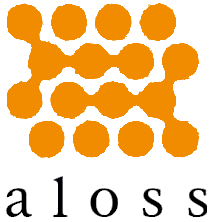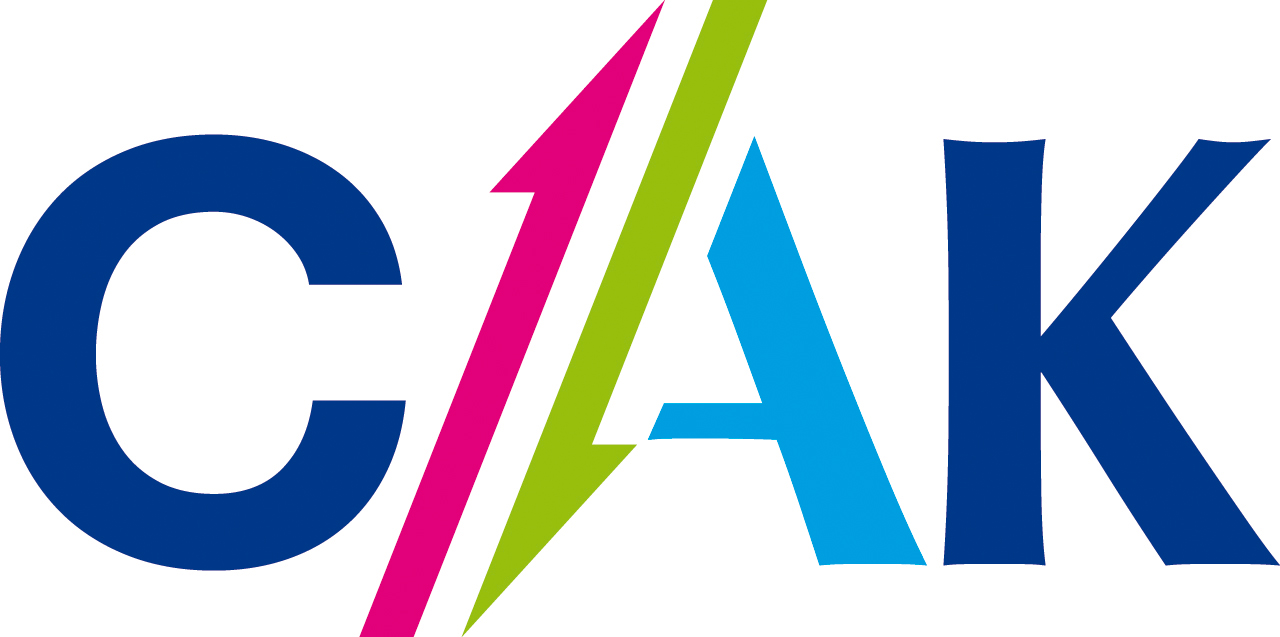News
Ensuring adequate social protection for platform workers |
15-07-2022 |
EV
ESIP position paper on the directive on platform work
ESIP publishes today its position on the European Commission proposal for a Directive on Improving the working conditions of platform workers. The statutory social protection institutions represented within ESIP welcome the proposal as support to tackle the challenge linked to the emergence of platform work.
Improving social security coverage – factors to account for
The proposal put forward by the European Commission will impact the social security coverage of platform workers through the presumption of employment. However, its impact in terms of social protection still varies greatly depending on the design of national social security schemes, and the branch or risk concerned. The biggest impact is likely to occur in the field of unemployment and sickness benefits, as identified in the 2021 ESIP study on platform work.
Access to information and declaration of platform work
Having the legal means to collect information will be key to allow to quantify the phenomenon and ensure better social protection. Thus, the introduction of an obligation for digital labour platforms to declare work performed by platform workers to the competent social protection authority is welcomed. The level of requirement for the data in the field of social protection, should be at the same level for other employees.
Algorithmic management and occupational health & safety
The introduction of an obligation for the digital labour platform to provide information to, including on automated monitoring systems is crucial as these directly impact occupational health and safety. The focus on the assessment of the risks these systems pose, and on prevention and protection measures is also welcomed. This would help minimise risks from the outset, in line with the Vision Zero goal supported by ESIP members competent in the field of occupational health and safety.
Remaining uncertainty on the presumption of employment and its rebuttal
The assessment of the proposal by ESIP shows some remaining points of uncertainty for social protection purposes, highlighted in our position paper.
As regards the presumption of employment, the fact that the procedure for determining employment status should be guided by the actual performance of work is welcome. The use of an indicative list of criteria rather than a mandatory one could be a tool to provide guidance to national authorities competent to determine the employment status while avoiding the exploitation of loopholes. In this context, it should be noted that criteria already exist in most Member States to determine the work status of workers.
The legal presumption and its rebuttal could be difficult to implement in administrative and/or judicial proceedings. A specific and detailed analysis of its impact on social security systems, as well as digital platform workers’ own situation, should be conducted before its adoption. After the transposition of the directive, it is key that the European Commission conducts a regular review of its implementation. Thus, ESIP and its members stand ready to support EU decision-makers in ensuring the Directive is future-proof and fulfils its objectives.
Find out more in our position paper.












































